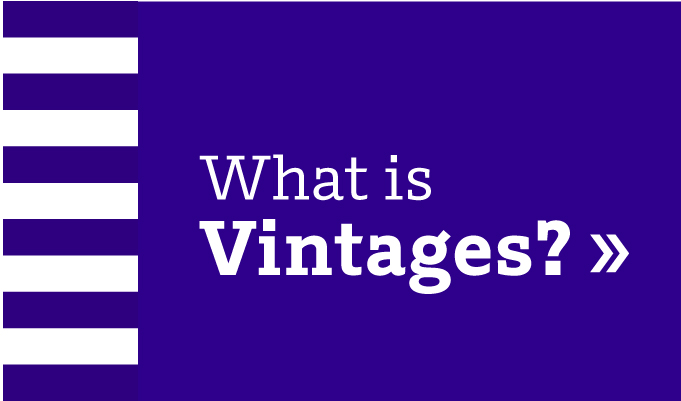Vintages - Organic, Biodynamic & Sustainable Wines
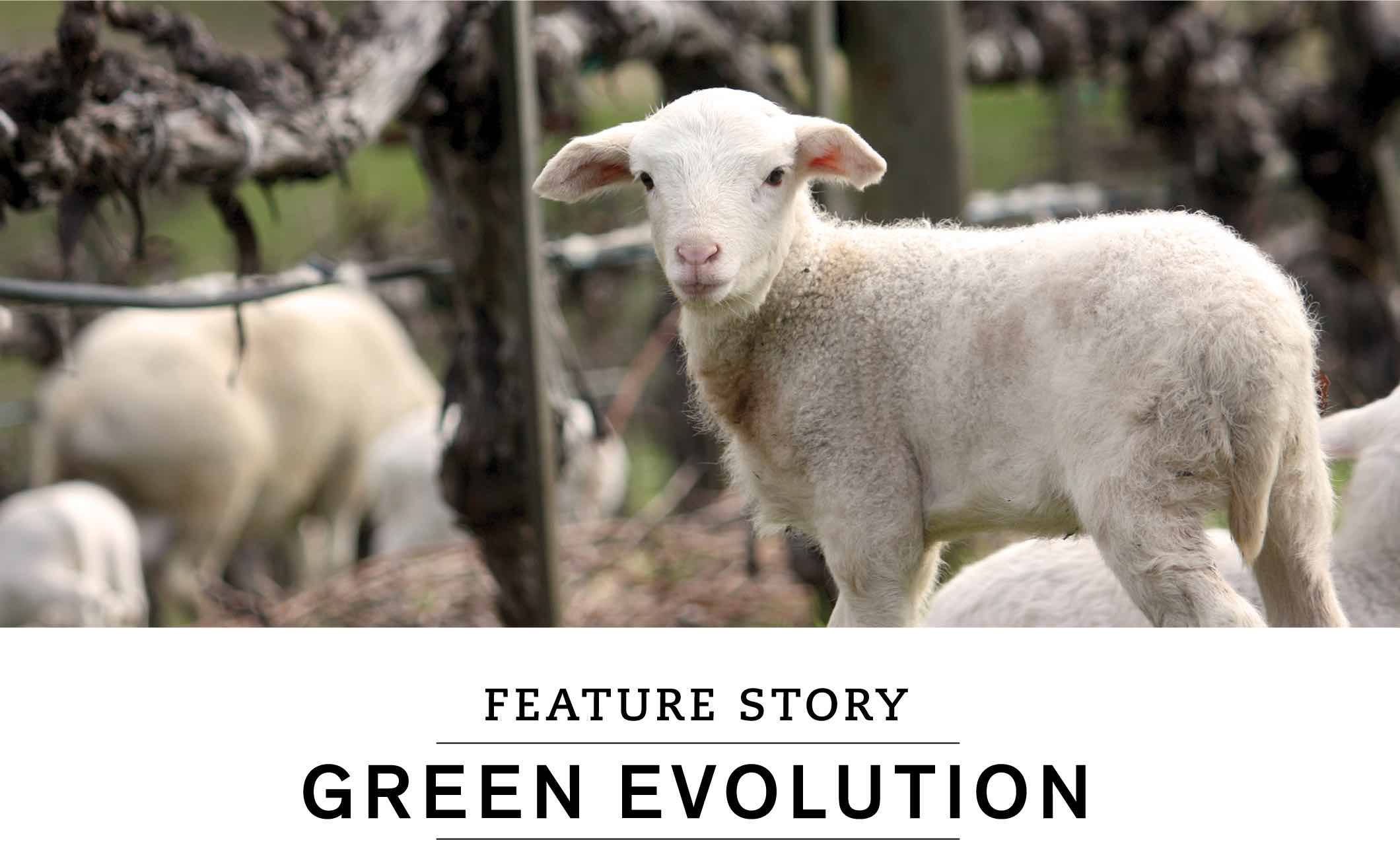
Organic, biodynamic & sustainable wines
(5 min. read)
In wine regions around the world, eco-minded producers are adopting organic, sustainable and biodynamic practices and proving that green is good for the planet and your palate.
Winemakers are obsessed with the pursuit of purity, always striving to express the authentic character of their wines. This quest has fostered generations of experimentation and risk-taking, and led to the realization that the less one meddles with wines, the better they taste. Through the use of such things as cover crops, integrated pest management, natural fertilizers and animal-based manures, wineries are creating healthier vineyards and, in turn, better-tasting wines. Wineries don’t go “green” on a whim; the expense and time demanded when adhering to organic, biodynamic and sustainable viticulture regulations is considerable, but the payoff is a legacy of environmental and economic viability encapsulated in wines of the highest possible quality.
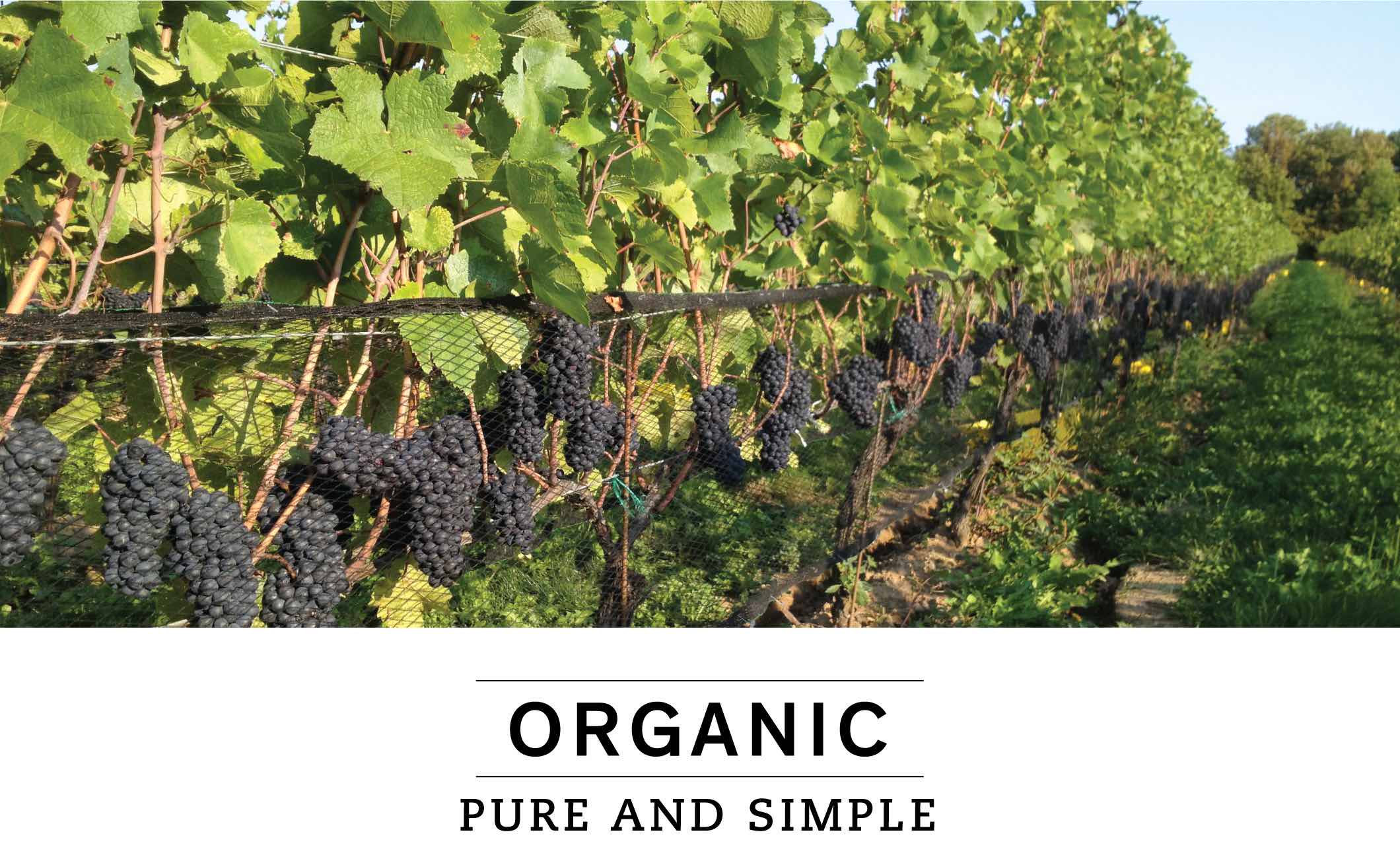
One of the buzziest of buzzwords these days is “organic”
Despite organic winemaking’s popularity, understanding what it means isn’t always straightforward. Some of the key confusions surround labelling. For example, what’s the difference between “organic” and “made with organically grown grapes”? To earn either designation, 100% of the grapes must be grown without the use of chemical pesticides, herbicides or synthetic fertilizers. But the difference between the two centres on the percentage of sulfites (SO2 measured in parts per million) used during vinification. Sulfites occur naturally, in small amounts, during the fermentation process, making it virtually impossible to create wines that contain none, but winemakers often add SO2 to help prevent oxidation and unwanted bacteria, particularly for delicate white wines. To be labelled as organic, wines must contain less than 250 ppm of SO2. Wines designated as “made with organically grown grapes” will have slightly more. For context, non-organic wines can have up to 400 ppm of SO2.
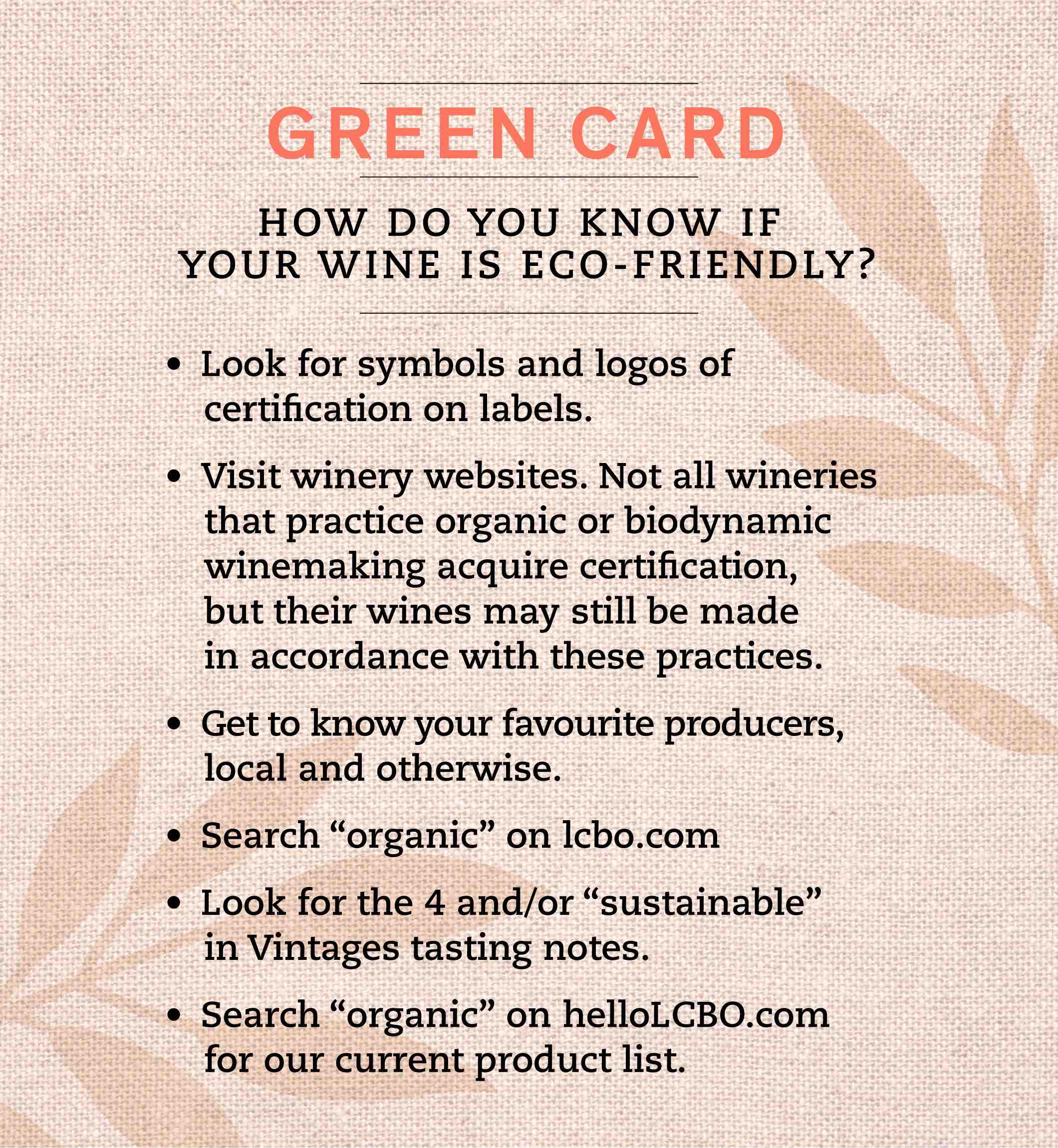
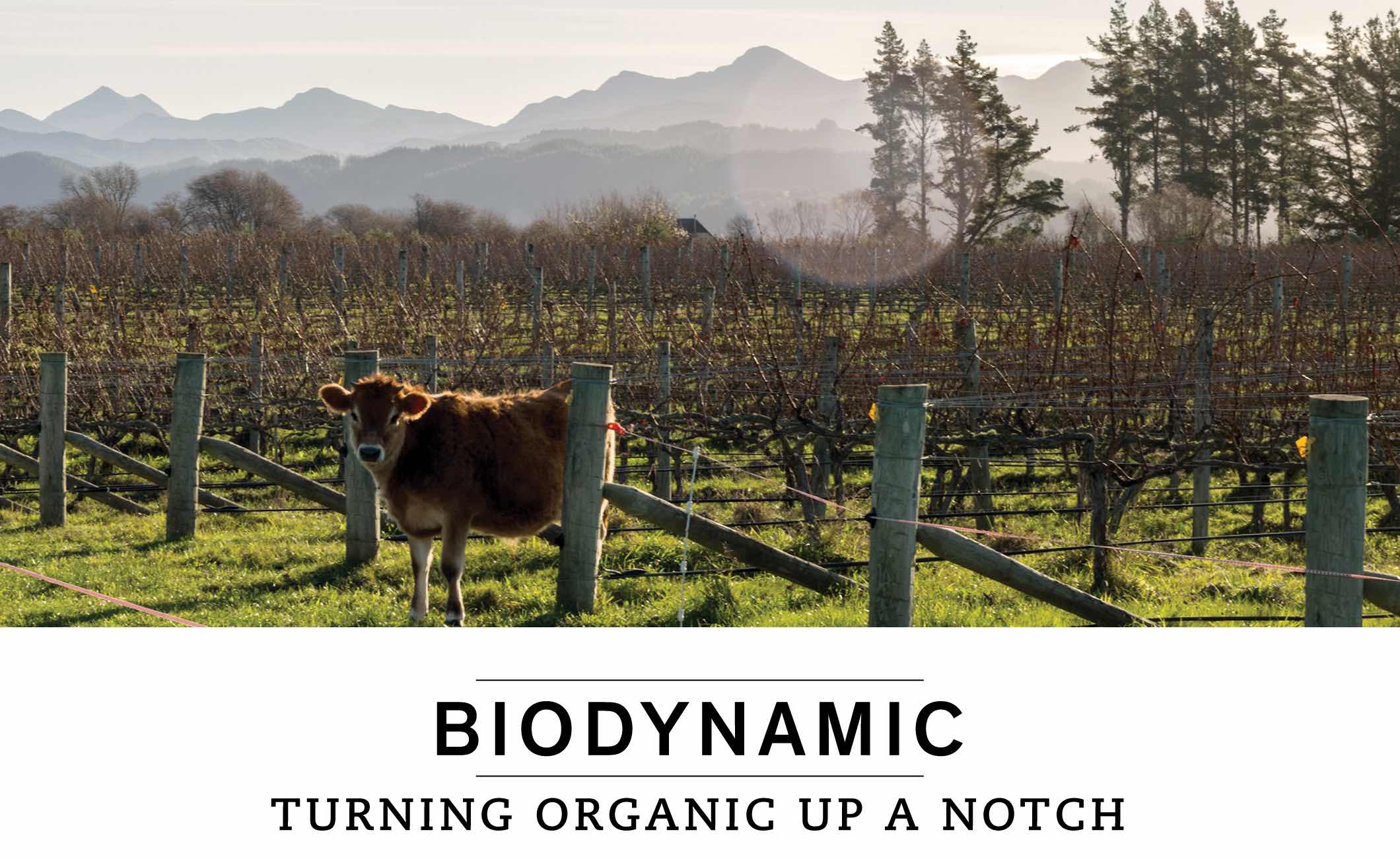
Biodynamic and organic winemaking follow a similar approach.
For example, chemical or synthetic fertilizers, pesticides and fungicides aren’t permitted in either. However, biodynamics takes organic practices to their highest levels. Biodynamics cares for the vineyard as a single organism, emphasizing biodiversity and taking a holistic view of the land and the creatures and plants on it. It’s tuned to astrological influences and lunar cycles, with planting, pruning and harvesting determined by, and coordinated with, the phases of the moon. One common misconception about organic and biodynamic wines is that they’re automatically vegan, but if your wine doesn’t state so specifically, it may not be; egg whites and animal enzymes are allowed in organic wines. Biodynamic practices include burying cow horns filled with manure compost to give back to the soil, fulfilling a central tenet of biodynamics in which the vineyard is viewed as a closed circle.
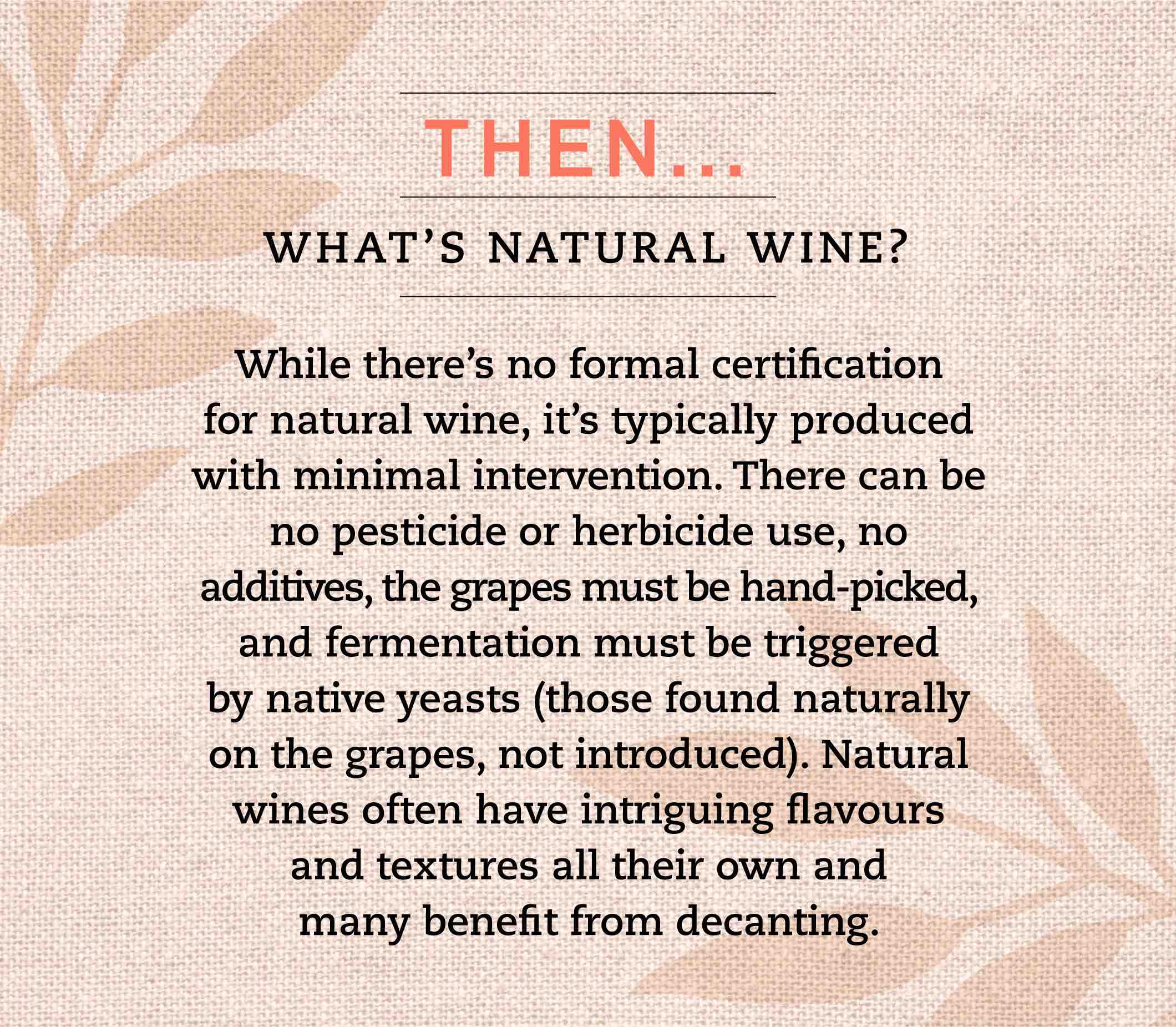
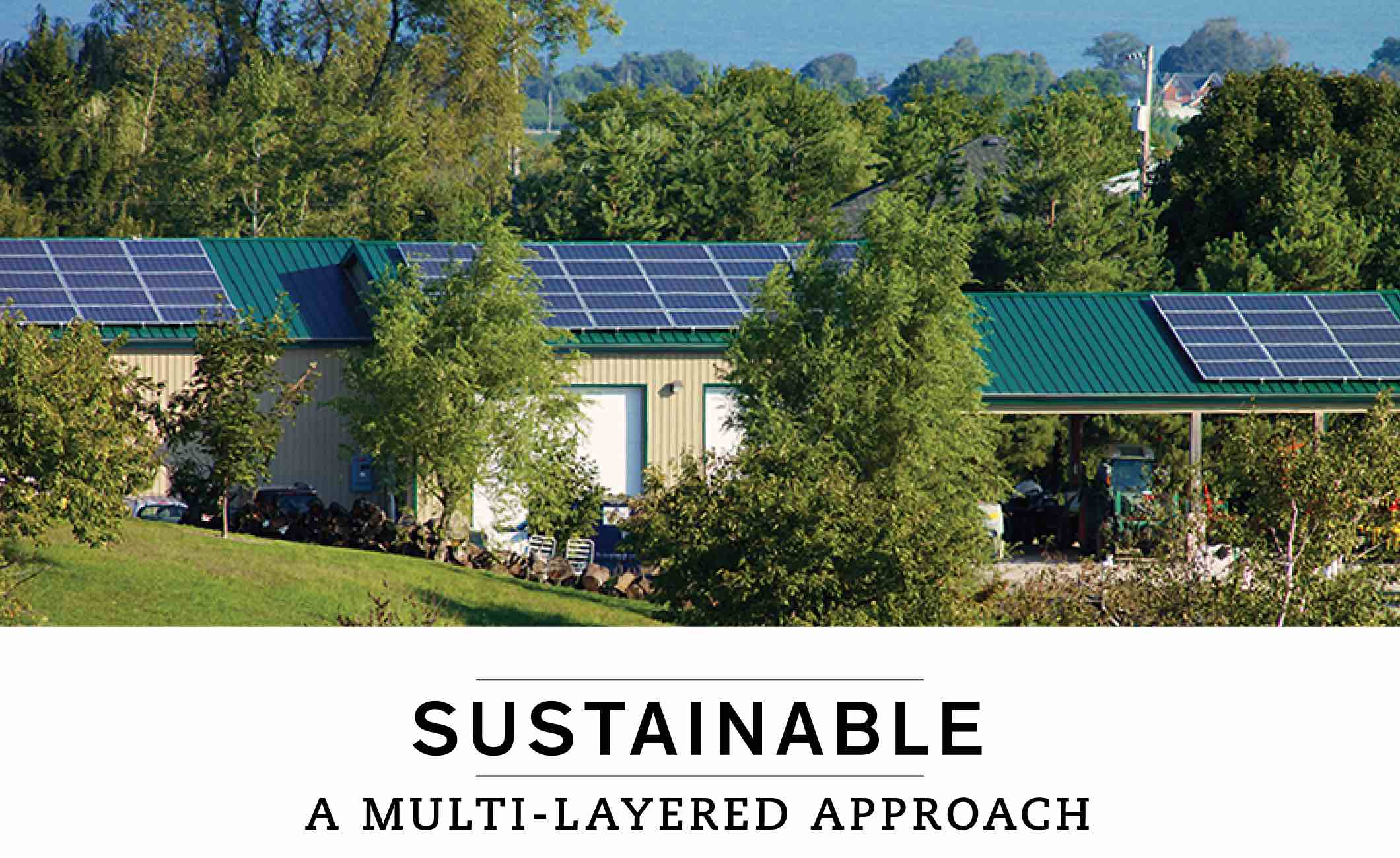
Sustainable winemaking takes an even broader approach than organic or biodynamic winemaking, though many producers practice all three.
The overarching philosophy here is to create the best wines possible while striving for economic viability and social responsibility, all in an ecologically responsible manner that ensures a positive environmental legacy. Sustainability looks beyond the needs of individual vineyards to the employees, communities and even people who visit the winery. Not surprisingly, many of the practices overlap with organic and biodynamic farming; the use of integrated pest management, cover crops, composting, recycling, the preservation of local ecosystems and wildlife habitats, and water and energy conservation are all key elements of a sustainable approach. Sustainability is especially important in places such as Chile, New Zealand and South Africa, where it has become an integral part of each country’s winemaking identity. Here in Ontario, the practice is being adopted by more and more wineries.
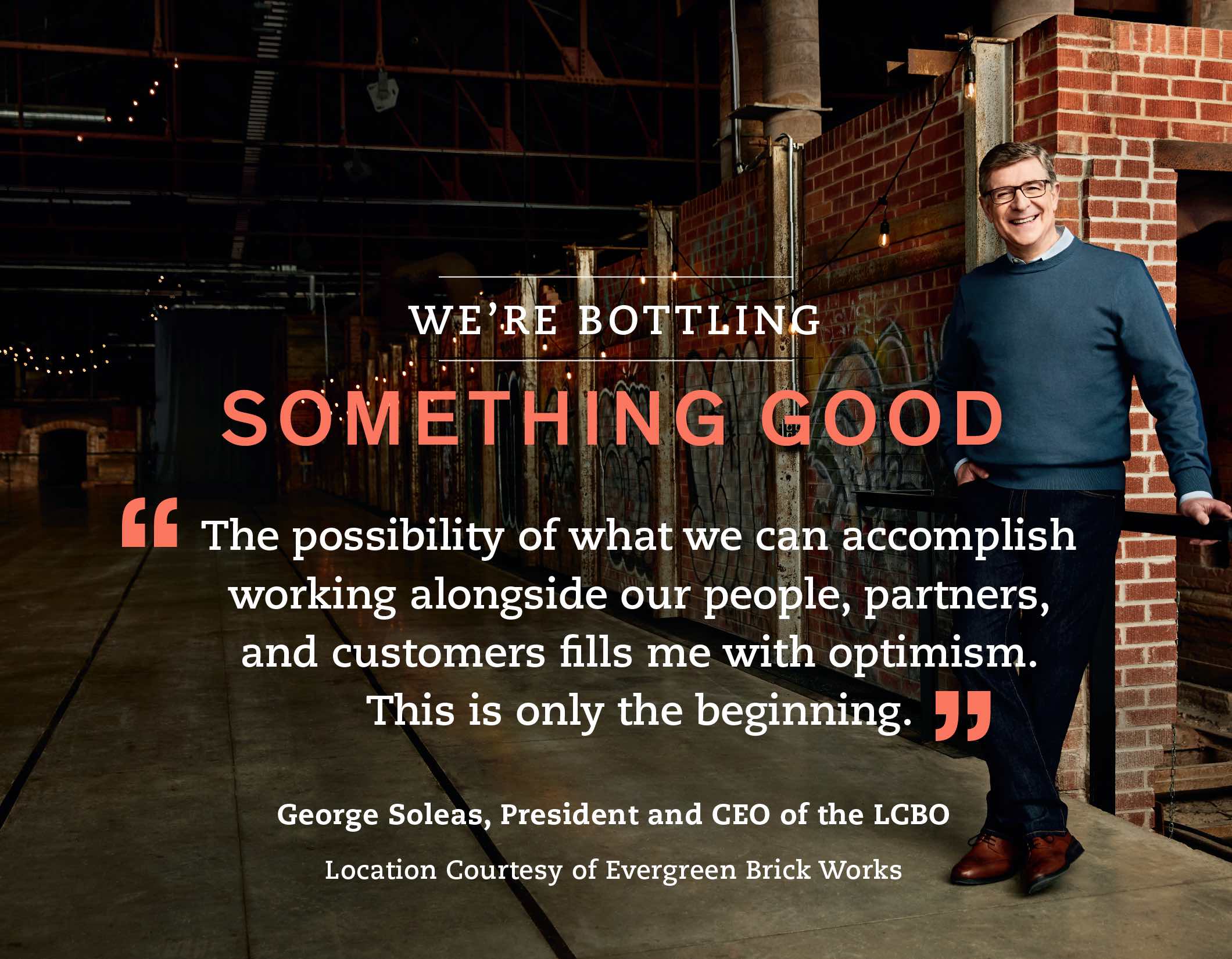
We’re bottling something new at the LCBO – a spirit that’s good for the planet, the province and its people.
That spirit is sustainability, and we’re infusing it into everything we do. We’re going to make good decisions that improve the well-being of everyone and everything we touch, because if we take care of today, we’ll have plenty to cheers to tomorrow.
Get our Latest News!
Be the first to hear about new arrivals, special offers, virtual events and more.
Get to Know Us!
Everything we are in a nutshell.

